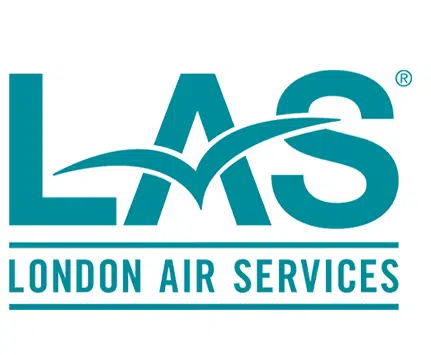Canadian Transportation Agency – International Carriers
We have received various inquiries from our international carrier community regarding several decisions of the CTA on consumer oriented issues.
These have been decisions on overbooking, business names, refunds, tariff filings, overweight passengers, etc. At least Canada has not yet reviewed tarmac delays.
All of these decisions, from our review, are in regard to domestic carriers only. And the majority of the matters are brought to the CTA attention on the complaint of one almost professional complainant (Gabor Lukas) who has established himself as a professional protagonist for airline passengers in Canada. And the CTA accepts all of these complaints by Lukas (and others) notwithstanding that they are not passengers on these services. The present regulatory structure does not require the individual to be a passenger in order for the CTA to be seized with the complaint.
All of these determinations by the CTA, are based on their assessment of the tariff provision filed by the carrier. It has then made a determination as to whether or not in the judgment of the CTA, the provision that the carrier has on file is “just and reasonable”. That test of a carrier’s tariff is contained in Section 111 of our Air Transport Regulations. But from our experience, it is not often utilized by the CTA at the time when the carrier files its terms and conditions. However, in a number of these complaint situations, the CTA has determined on its review that the carrier’s particular tariff provision regarding that complaint does not meet the “just and reasonable” test and has therefore, required revisions to the tariff and adjudicated in favor of the passenger.
As indicated previously, we are unaware of any similar complaints being made against international carriers tariff provisions, but that does not prevent the same from being lodged by Canadian originating passengers, or even Canadian non-passengers. We are aware that complaints have been made in regard to alleged failure by international carriers, to properly apply the terms and conditions of their tariffs on file with the CTA. When these have been successful, it is often due to the fact that the international carriers utilize their common language terms and conditions in the settlement process, which common language terms and conditions are often adjusted as an internal policy without similar adjustments being made to the filed terms and conditions with the CTA.
And as the CTA takes the position that as only the filed terms and conditions are the legally binding terms and conditions between the carrier and the Canadian passenger, they impose those upon the carrier in the dispute.
- New Liability Limits MC99
- Special Aviation Exemptions Issued to Ensure Critical Holiday Operations
- Simplifying Airspace Operations: Understanding AC 700-039 Issue 03 and RVSM Requirements

































